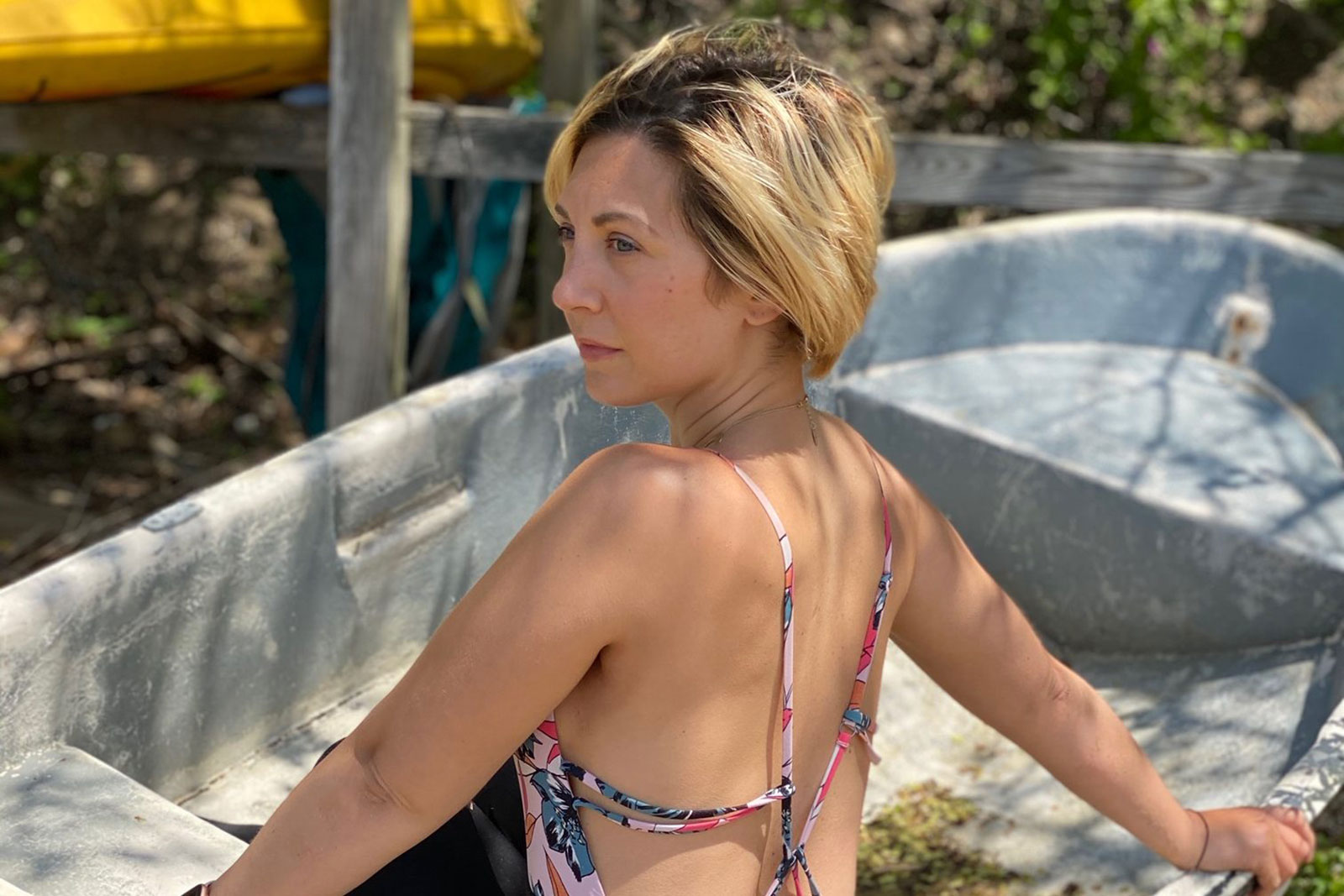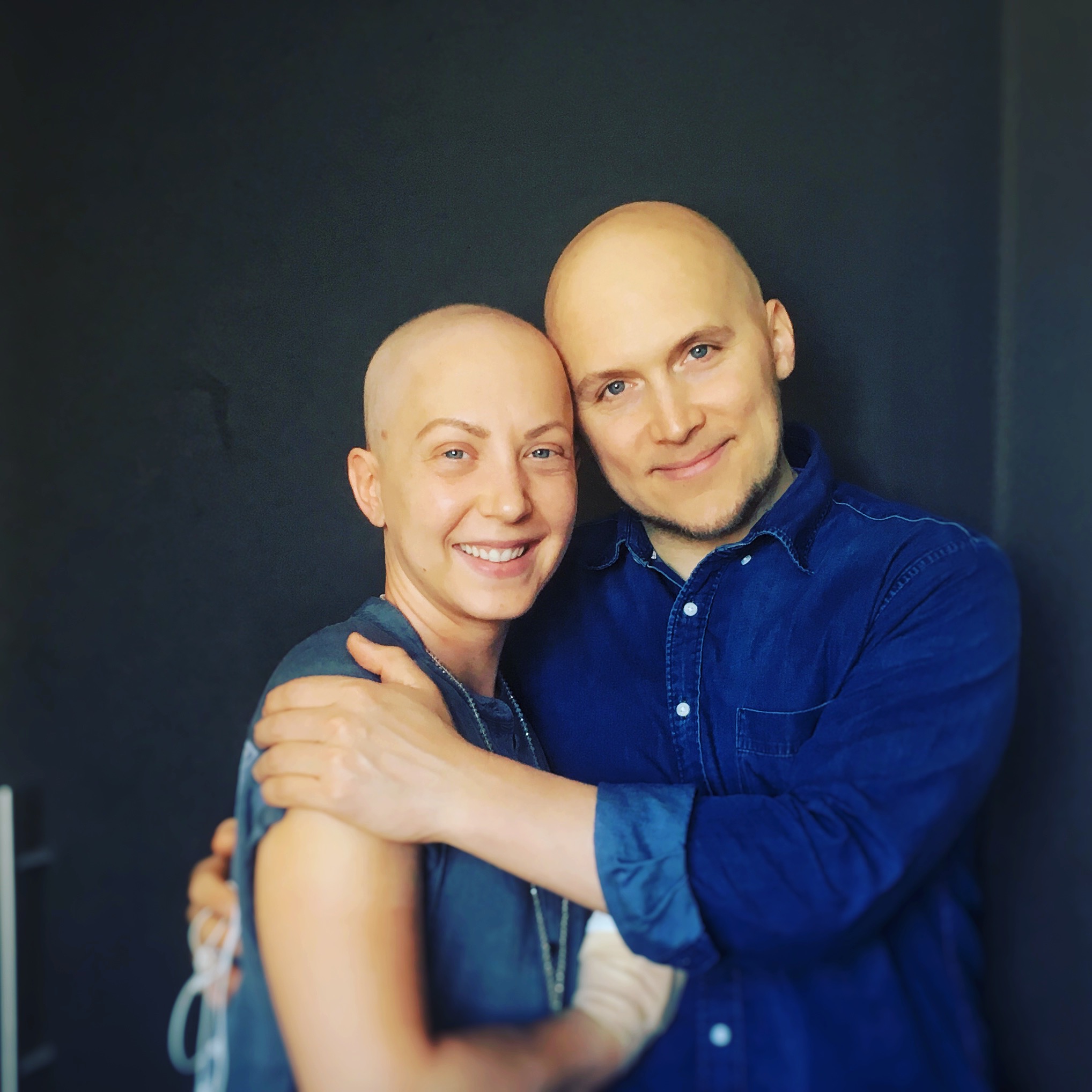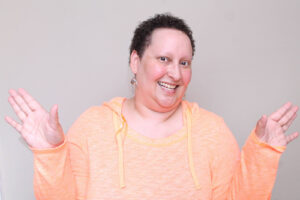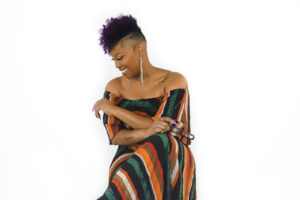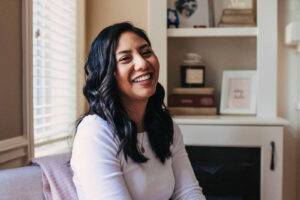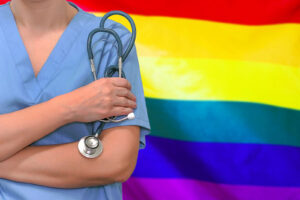It was July 2017 and I was diagnosed with early stage endometrial cancer at age 33. I had no symptoms, no bleeding, no bloating and no pain during sex. I happened to be in the best physical shape of my life. But that didn’t matter.
One cannot assume those who are fit are immune from cancer. One cannot assume young people don’t get cancer. And yet biases like these are still present. Medical professionals must set these biases aside and dig deeper into their patients’ family history—their genetic makeup—which may determine many medical conditions. It may even be a factor between life or death. That was my story as the only reason my gynecologist found the cancer was because she knew about my family history.
Knowledge is Power
My paternal grandfather died of colon cancer at age 52, my aunt had ovarian cancer at age 40 and survived, and my father died of colon cancer at age 57. It seemed like I was next.
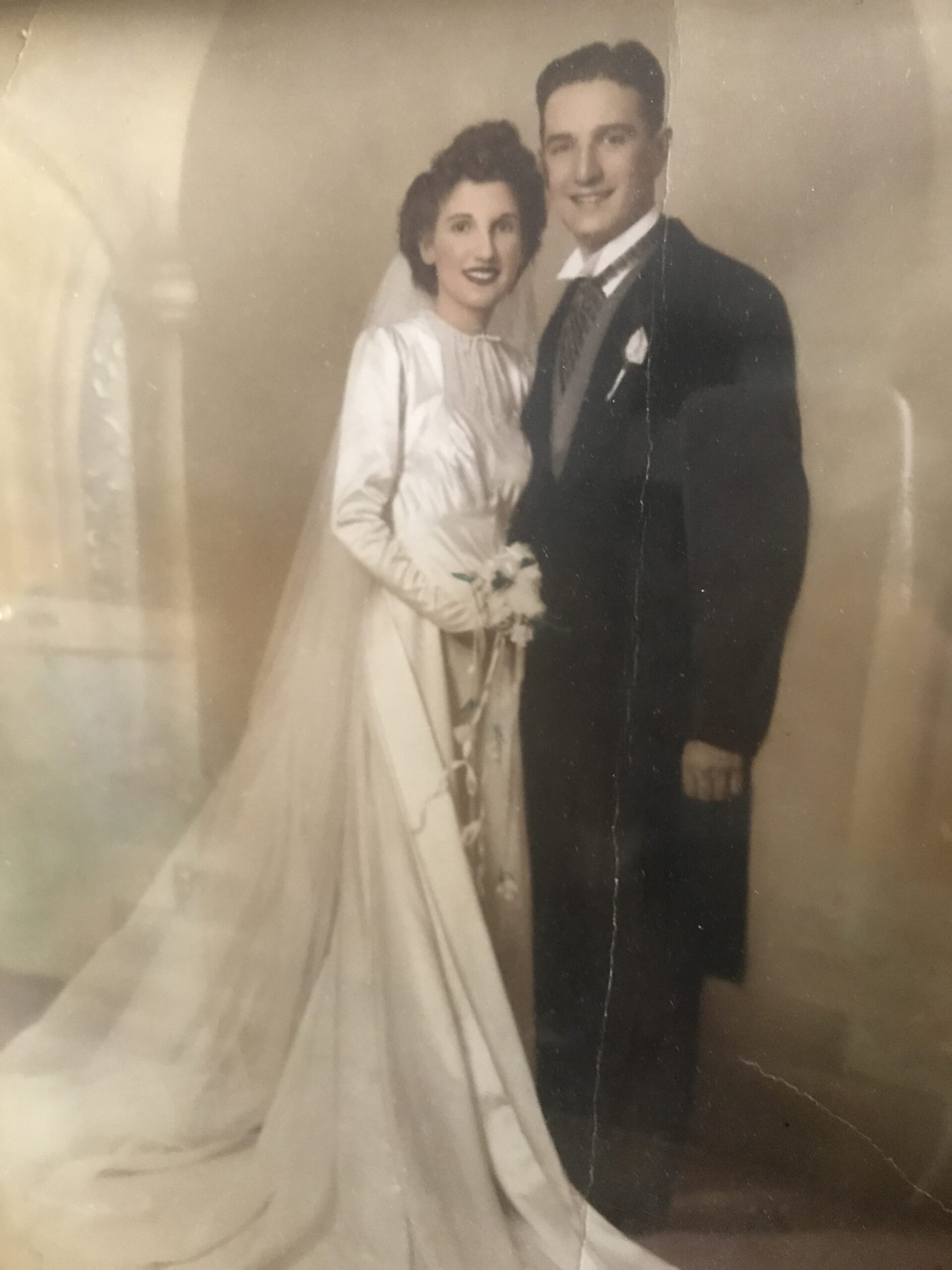
This new life is woven with many challenges that have forced me to grow, to explore and to surrender to everything I thought I knew. I have to be honest: I am not in that place, yet. So I am doing the best I can and trying to find the moments of peace in my mind and heart like listening to a good song, reciprocating an act of kindness or cooking a good meal. Perhaps the simple joys of life are to be cherished. I may not have liked it, I may have resisted, but perhaps this cosmic plan is not about me. Perhaps it is about making a difference for someone else.
Part of the process included injecting myself with hormones and while doing so, I found a lump in my left breast. After multiple tests, scans and biopsies, I was diagnosed with stage II DCIS breast cancer that moved into my underarm lymph nodes. I had three surgeries, four months of chemo and 23 days of radiation all within two years.

